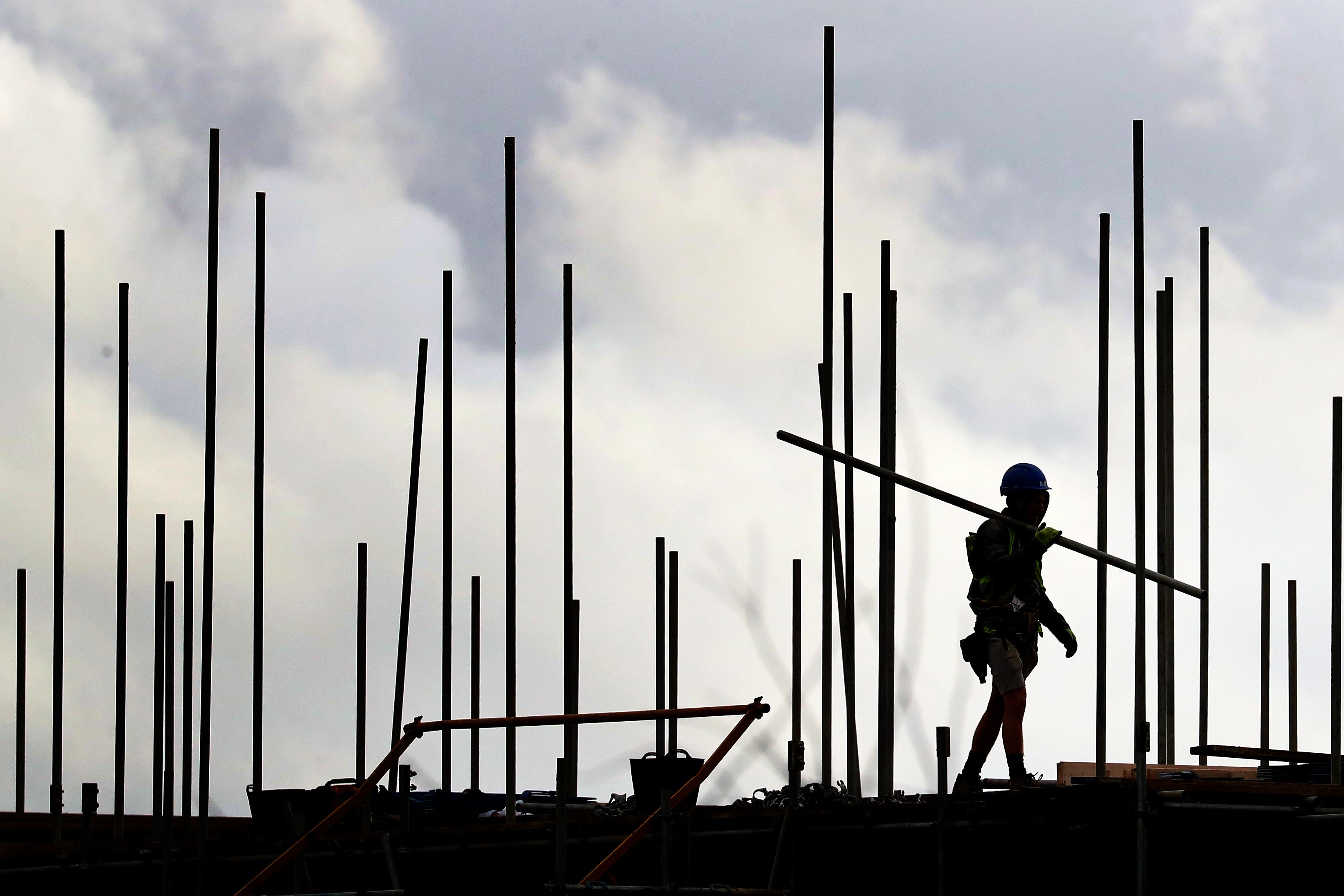Housebuilders accused of artificially keeping house prices high
It came as the Competition and Markets Authority (CMA) said there is a need for ‘significant intervention’ across the sector.
The UK competition watchdog has opened an investigation into eight housebuilders following evidence they may be sharing commercially sensitive information which may have kept prices high.
The Competition and Markets Authority (CMA) launched the probe amid concerns it could be affecting the development of sites and prices of new homes.
It came as the regulator warned that the housebuilding sector “needs significant intervention” amid concerns over the quality of new homes, “high and unclear” estate management charges and planning hurdles.
The CMA formally started a probe into state of the housebuilding sector and the private rental market in February last year.
On Monday, it said in its final report that the current planning system and limitations of speculative private development “have seen too few homes built”.
It highlighted “persistent shortfalls” in the number of homes built across England, Scotland, and Wales, with fewer than 250,000 built last year across Great Britain, compared with a target of 300,000.
Complex and unpredictable planning rules across the three nations are partly to blame for this, it said.
The report highlights that many planning departments are under-resourced, some do not have up-to-date local plans, and do not have clear targets or strong incentives to deliver the numbers of homes needed in their area.
It also said shortfalls were linked to requirements to speak with a wide range of stakeholders.
In addition, there were concerns over limitations to private speculative development, highlighting that developers often produce houses based on pricing rather than diversifying the types and numbers of homes they build to meet the needs of communities.
The report also found a rise in developers using estate management charges for facilities, such as roads, drainage and green spaces.
It said these charges are “often high and unclear to homeowners” and flagged that some unplanned charges can cost thousands of pounds.
Concerns were also raised that builders “don’t have strong incentives” for high quality and consumers have unclear routes of how to receive any redress when issues arise, with the CMA also highlighting an increase in snagging issues.
The watchdog said it is recommending the Government sets up a New Homes ombudsman to support homeowners over quality issues and requirements for councils to take over amenities on all new housing estates.

It came as the CMA also found signs that some housebuilders may be sharing commercially sensitive information with their competitors, which could affect property prices and weaken competition.
The investigation will look into Barratt, Bellway, Berkeley, Bloor Homes, Persimmon, Redrow, Taylor Wimpey, and Vistry. It has not reached any conclusions about whether the law has been infringed.
CMA chief executive Sarah Cardell said: “Housebuilding in Great Britain needs significant intervention so that enough good-quality homes are delivered in the places that people need them.
“Our report, which follows a year-long study, is recommending a streamlining of the planning system and increased consumer protections.
“If implemented, we would expect to see many more homes built each year, helping make homes more affordable.
“The CMA has also today opened a new investigation into the suspected sharing of commercially sensitive information by housebuilders which could be influencing the build-out of sites and the prices of new homes.
“While this issue is not one of the main drivers of the problems we’ve highlighted in our report, it is important we tackle anti-competitive behaviour if we find it.”
Housebuilders’ shares fell in early trading on Monday after the competition watchdog’s announcement.
As a result, shares in Barratt were down 1.4%, Taylor Wimpey fell 1.9%, Persimmon dropped 1.8% and Bellway was down 2%.
Join our commenting forum
Join thought-provoking conversations, follow other Independent readers and see their replies
Comments